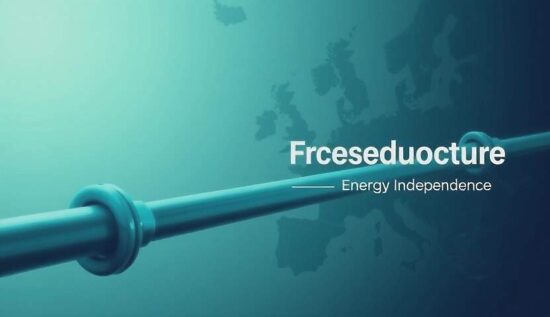Natural Gas Supply Remains a Concern in the EU
The European Union is facing a challenging natural gas supply situation, with the weather playing a significant role in the depletion of storage facilities. The situation is further complicated by the transit stop of Russian gas through Ukraine, which has not renewed its agreement with Gazprom. As of January 1, no Russian gas has been flowing through the Transgas pipeline into the EU.
In response, the EU is preparing to extend the duration of the emergency regulation, which sets mandatory gas storage targets for member states. By November 1, gas storage facilities must have a minimum of 90% capacity.
Germany’s Federal Network Agency has issued a reassuring statement, but emphasized the importance of a frugal gas consumption. The Habeck Ministry also believes Germany’s supply is secure, citing the import of liquefied natural gas (LNG) and gas from Norway as stabilizers.
LNG, however, is significantly more expensive than pipeline gas and Germany’s reliance on it has made the country dependent on the United States and potentially vulnerable to pressure.
The Economy Ministry has also commented, stating that winter is already half over and while storage levels have decreased, there is no reason for concern. The decline in storage levels is not only due to the cold winter weather, but also the mutual supply of the Czech Republic and Austria since the Ukraine transit stop.
“This underscores the importance of Germany’s gas storage for the gas supply security of our neighboring countries”a ministry spokesperson said.
The plans of the EU were not mentioned, but it is clear that energy prices will remain high in the medium term due to the challenging supply situation in the EU.





